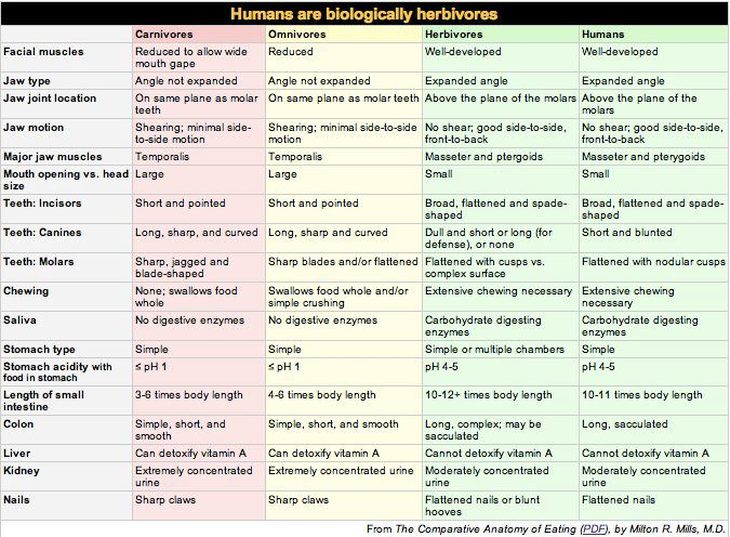I eat meat several times each week and don't feel guilty about it. I was a vegetarian for many years in my 20s but eventually fell off the wagon and started eating meat again. I remember how healthy I felt when I completely avoided meat. I swear I could eat rice and beans every day and be perfectly happy but husband wants meat so I cook it.
I never eat veal. When I was practicing law, I had to foreclose on a veal farm for my client, the bank that held the mortgage on the farm. The farmers had filed bankruptcy and couldn't afford to feed the calves. It was HORRIBLE - darkened barn with little boxes for the starving calves to live in. I've never forgotten it and never ate veal again.
When l found out what veal was, l was so sad. This post is more about just making healthier choices for the planet, not calling people out on their eating choices. Think it's great that you don't eat meat daily. One black bean burger for dinner really does help the planet.
